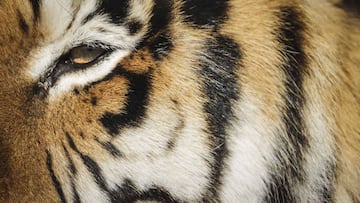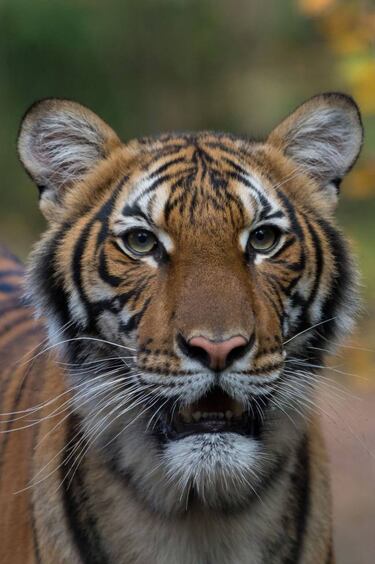Tiger at Bronx Zoo tests positive for coronavirus
An American zoo in New York has had a confirmed case of one of its big cats, and they have stated that there are other animals showing symptoms.

The coronavirus has taken over much of the world but so far it has been very much focused on humans, and to devastating effect. On Sunday, however, it was reported that a tiger in New York’s Bronx Zoo, which has been closed to the public since 16 March, had tested positive for Covid-19.
BREAKING: A tiger at the Bronx Zoo has tested positive for Covid-19. 6 other tigers and lions at the zoo are also showing symptoms. Believed to have been infected by an asymptomatic zoo worker. All doing well. To my knowledge, this is the first animal to test positive in the U.S.
— Natasha Daly (@natashaldaly) April 5, 2020
A tiger at Bronx Zoo tests positive for coronavirus
News of this fascinating, and potentially very concerning, development was tweeted by the editor of National Geographic and this was confirmed by the zoo itself. The four-year-old Malayan tiger named Nadia was said to have been infected by an asymptomatic employee but the zoo stated that ‘appropriate measures’ were being taken to prevent further spread.
Related news:
Who is Charles Lieber, the man conspiracy theorists say created the coronavirus? - read
What is ivermectin and what is it used for? - read
Stimulus checks calculation: how much money will I get? - read
Following tests carried out by the USDA’s National Veterinary Services Laboratory in Iowa, the news was confirmed and six other large cats - three more tigers and three African lions - have also shown coronavirus symptoms, including dry coughs. A statement read:
"Though they have experienced some decrease in appetite, the cats at the Bronx Zoo are otherwise doing well under veterinary care and are bright, alert, and interactive with their keepers.

"It is not known how this disease will develop in big cats since different species can react differently to novel infections, but we will continue to monitor them closely and anticipate full recoveries.”
Related stories
The idea that the general public would want to stray within two metres of a large predator is maybe not a particular risk. But the question over how the disease can spread into the animal world will now grow.
Follow all the latest news on the coronavirus pandemic with our daily live blog.

